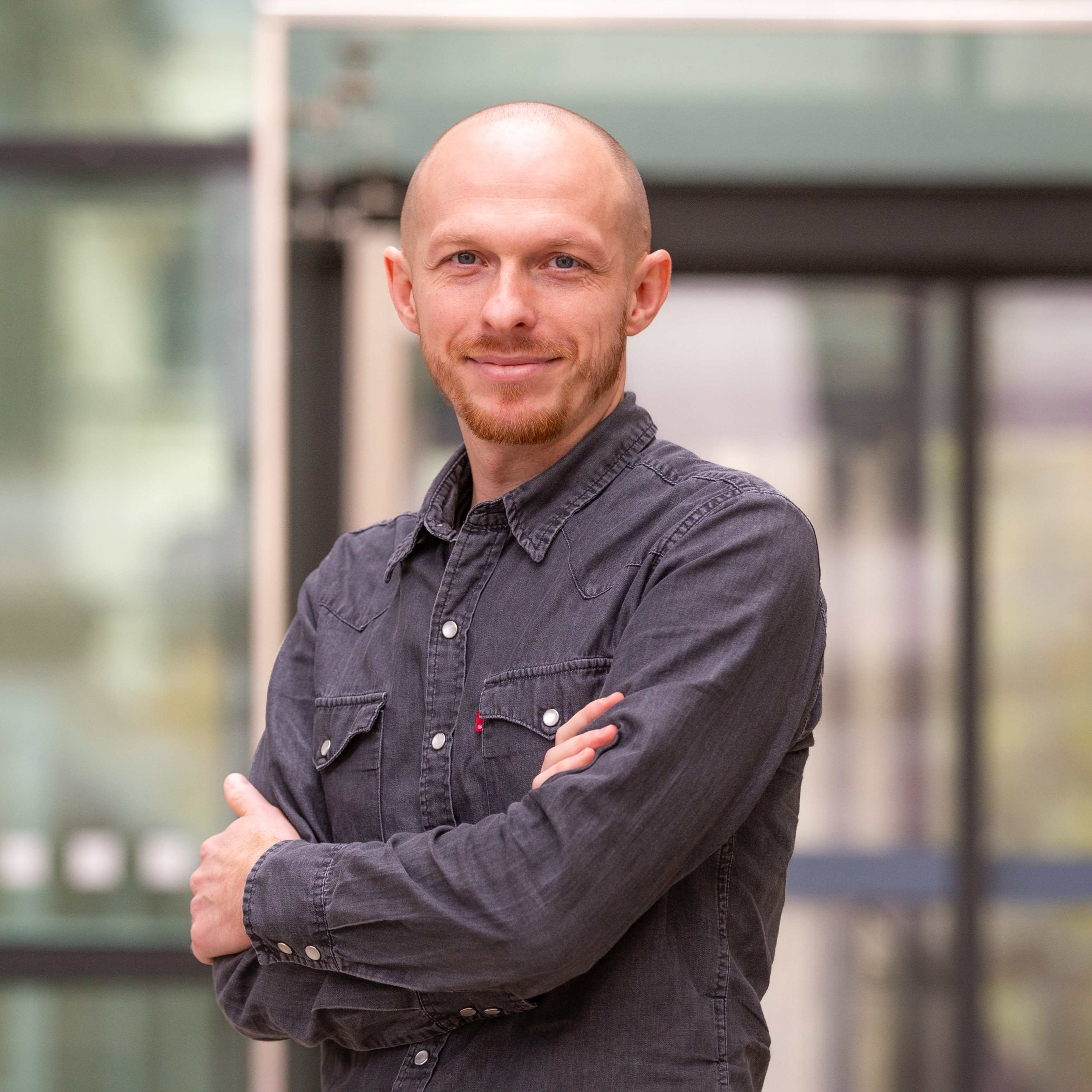Study shows: Eco video game can increase players' environmental awareness

Video games with appropriate content are able to sensitise players to climate protection issues, as initial evaluations of a study by Manuel Ninaus and Moritz Edlinger at the University of Graz show. The behaviour of the test subjects also changed: they donated more than 2,000 euros of their expense allowance to NGOs.
Can video games about climate protection raise players' awareness of climate protection and positively influence their behaviour? This question is currently being addressed by Education Technology(s) Cluster spokesperson Manuel Ninaus together with his doctoral student Moritz Edlinger from the Institute of Psychology and co-supervisor Marie Kogler from the Institute of Environmental Systems Science in a large-scale laboratory study at the University of Graz. Initial results show: Yes, it really is possible!
Using 233 test subjects, they investigated how playing an eco-video game affected the environmental attitudes of the study participants. The game used in the study was the indie game "Gibbon: Beyond the Trees" by the Austrian development team Broken Rules. The theme of the game is the destruction of gibbon habitats through palm oil plantations and illegal wildlife trade in gibbons.
Initial analyses show that the game was indeed able to change the environmental attitudes of the study participants and raise their environmental awareness. In addition, the participants were given the opportunity to donate part of their compensation of 20 euros to three environmental charity organisations. In total, they donated 2,098.8 euros in this way - that is almost half of the total expense allowance.
The majority of this went to the Malaysian Gibbon Conservation Society, 470.33 euros to the Jane Goodall Institute Austria and 407.33 euros to the Austrian WWF.
No commissioned study
"The opportunity to donate was a research tool for us that showed us the extent to which the players' attitudes can be transferred to their behaviour. At the same time, we were able to do good," says Manuel Ninaus.
"We were also surprised and delighted that the game developer Broken Rules donated 1,000 euros to support the research work. However, it is very important to us that this is not a commissioned study by this company," says Moritz Edlinger. "The development team was simply enthusiastic about our research idea." The study was also funded by a research grant from the University of Graz.
The final publication of the results of the study is expected in about a year. In addition to the dissertation, two master's theses are also being written as part of the study.
